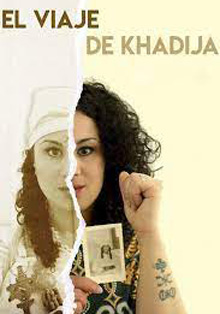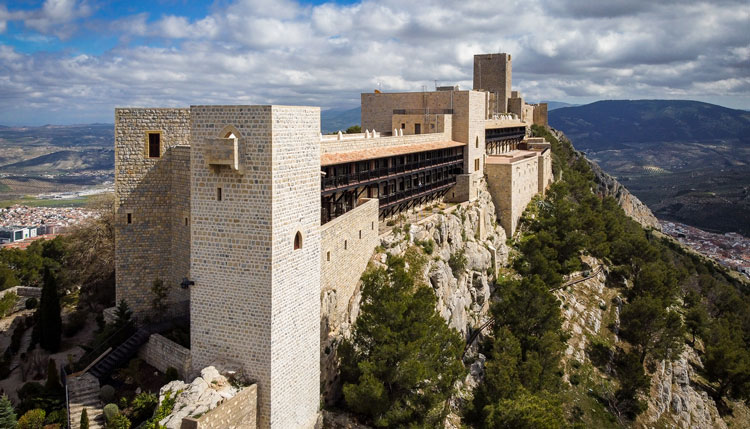The Secretary General of the International Centre for Advanced Mediterranean Agronomic Studies (CIHEAM), Plácido Plaza, will speak today Monday at 7 p.m. at the online conference Sustainable rural development in the Mediterranean, which, as part of the cycle Environment and the Mediterranean, is presented by Casa Mediterráneo and which can be seen on its website and YouTube channel.
All of this week’s events offered by this institution are at 7 p.m. and in online format, except for the presentation next Saturday. Tomorrow, Tuesday, as part of the Historias del Mediterráneo series, the conference Gods and heroes of the Mediterranean will be given by Jaime Siles, professor of Latin Philology at the University of Valencia. On 23 June, a virtual colloquium will be held on the Moroccan film Khadija’s Journey (in the photo). Nisha, a 16-year-old girl, lives a double life in Norway. At home she is the perfect Pakistani daughter, but when she goes out with her friends she becomes a Western girl, in keeping with the society she lives in. When her father catches her with her boyfriend in her room, their two worlds collide. To teach her a lesson, her parents decide to send her to Pakistan, where she will have to adapt to that society. Consult the viewing guide here. On Friday 25th, the LGTBI short film Zapatos de tacón cubano will be presented and screened, with a meeting with its director, the poet Julio Mas, and the actress Marta Nieto. Zapatos de tacón cubano tells the story of Paco and José, two teenagers who live in a slum in Madrid, an environment hostile to each of their dreams. With family problems, and surrounded by an aggressive, sexist and homophobic environment, they must lead a double life to hide the beginning of their relationship and their passion for flamenco dancing. Finally, on Saturday 26 June at the Museum of the Sea in Santa Pola, there will be the presentation of the book and the opening of the photographic exhibition Tabarkinas by Carma Casulá. Tabarkinas is the diary of a journey through the lands of the Tabarquina Culture, a community branching out into five realities spread over the Sardinian islands of San Pietro and Sant’Antioco in Italy, the island of Tabarka in Tunisia and the Alicante island of Nueva Tabarca. And Pegli, the port town near Genoa where it all began.







